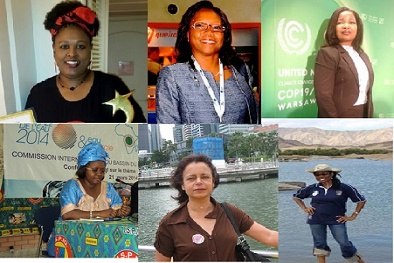Although we can celebrate that women continue to contribute to social, political and economic achievements, we are mindful that progress towards gender parity has slackened in many places.
The World Economic Forum predicted in 2014 that it would take until 2095 to achieve global gender parity. Then one year later in 2015, they estimated that a slowdown in the already glacial pace of progress meant the gender gap wouldn't close entirely until 2133.
The water sector has not been left unchallenged in that regard. However, some work has been done and documented. A good example of this evidence is found in the “Final report on Gender and Water Policies in Africa project”- a collaborative project among a number of stakeholders, such as the Institute for Women’s and Gender Studies University of Pretoria, Water Research Commission Pretoria and Global Water Partnership.
This report demonstrates the critical importance of research in bringing the bottom-up approach to policy formulation. The report demonstrates that evidence from the ground on the communities’ real needs with regards to the provision of water services is critical to inform policy shaping and implementation architecture.
This effort illustrates the variety of circumstances in Africa with regards to gender mainstreaming efforts in water policy and offers important new information on the actual situation regarding gender and water policies at national level across the African Continent. This new information will allow us to build on existing efforts, share best practices, and assist us in focusing our efforts where gaps exist and where attention and action is needed.
For GWP, inclusiveness and gender sensitivity has always been a core value, as evidenced in the GWP Gender Strategy and as stated by former GWP Chair, Dr. Ursula Schaefer-Preuss, who in the preface of the “Final report on Gender and Water Policies in Africa project” stated:
“There can be no water security without gender equity in carefully and effectively managing the precious resource of water”.
